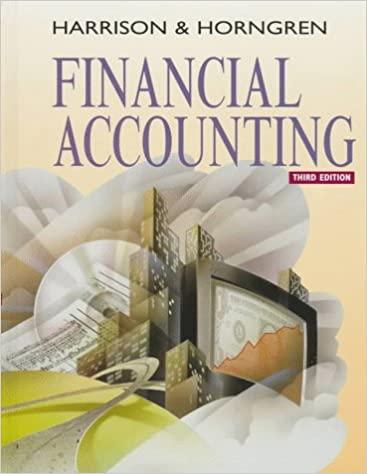
QUESTION 2 (40 Points) The plane truss shown in Fig.2a consists of three identical members. The members are pinned together at the centre and all other ends are fixed using pinned joints (hinges); it is assumed that all joints are frictionless. The members make equal angles with each other and have the following properties: Young's modulus E = 206GPa, cross-sectional area A = 1 x 10-4 m, and length L = 1m. An inclined external force F = 20,000N is applied at the central hinge. a) Identify the minimum number of elements and nodes and label them on the provided figure. (2 points) b) What element type should be used and why? Does the accuracy of your solution improve by increasing the number of elements? Explain.( 2 points) c) Solve for the displacements at the nodes and stresses in the elements.(16+10 points) d) Identify the plane of symmetry or anti-symmetry in the structure.(2 points) e) Show the reduced structure after considering the plane of symmetry or anti-symmetry and confine the reduced structure using a proper boundary condition. A clear and separate sketch is expected to show the reduced structure. (2 points) f) Mathematically express the boundary condition in part e) as a multi freedom constraint (MFC) and specify its type (i.e. linear or non-homogeneous). (4 points) g) Comment on the impact of adding two extra members as shown in Fig. 2b to increase the stiffness and strength of the structure. (No solution is needed for this step, just a plain explanation). (2 points) 60 60 Fig. 2 a Fig. 2b QUESTION 2 (40 Points) The plane truss shown in Fig.2a consists of three identical members. The members are pinned together at the centre and all other ends are fixed using pinned joints (hinges); it is assumed that all joints are frictionless. The members make equal angles with each other and have the following properties: Young's modulus E = 206GPa, cross-sectional area A = 1 x 10-4 m, and length L = 1m. An inclined external force F = 20,000N is applied at the central hinge. a) Identify the minimum number of elements and nodes and label them on the provided figure. (2 points) b) What element type should be used and why? Does the accuracy of your solution improve by increasing the number of elements? Explain.( 2 points) c) Solve for the displacements at the nodes and stresses in the elements.(16+10 points) d) Identify the plane of symmetry or anti-symmetry in the structure.(2 points) e) Show the reduced structure after considering the plane of symmetry or anti-symmetry and confine the reduced structure using a proper boundary condition. A clear and separate sketch is expected to show the reduced structure. (2 points) f) Mathematically express the boundary condition in part e) as a multi freedom constraint (MFC) and specify its type (i.e. linear or non-homogeneous). (4 points) g) Comment on the impact of adding two extra members as shown in Fig. 2b to increase the stiffness and strength of the structure. (No solution is needed for this step, just a plain explanation). (2 points) 60 60 Fig. 2 a Fig. 2b







